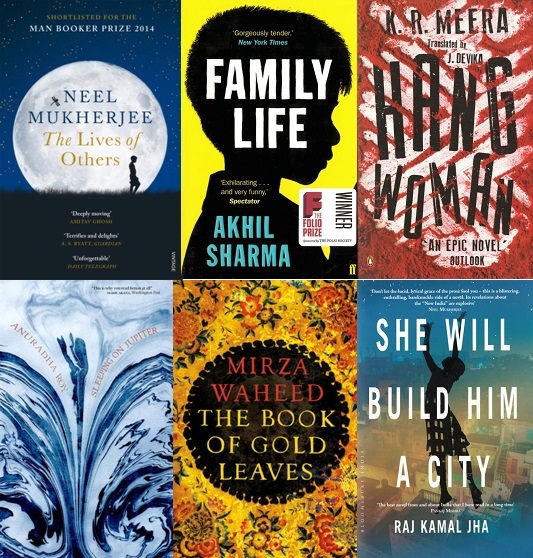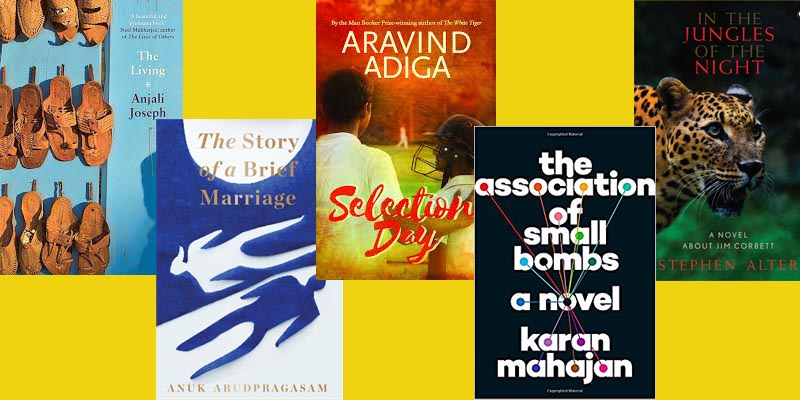There are reported to be over 13,000 slaves in Britain, and over 40 million worldwide, so why are they missing from contemporary fiction?
A few years ago, I came across an online article about modern day slavery, and I was shocked by what I discovered. The more I read about it, the more aggrieved I felt that this issue and these people were very much invisible, both from fiction, and from our social narrative. After much research into the matter, I decided to focus on the theme of modern day slavery in my next book.
My novel Razia delves into both domestic servitude in the UK, and bonded slavery, also known as debt bondage, in Pakistan. Farah is a British Asian Solicitor working in London, who now aged thirty is feeling the pressure to marry. However, her life takes an unexpected turn when she becomes involved with Razia, a domestic slave she meets in London. Farah’s attempts to free her only land Razia in more trouble, and so this leads Farah to Pakistan, and into the murky world of bonded slavery and corruption. It is in Pakistan that Farah meets Ali, a human rights lawyer, who agrees to help Farah to seek justice for Razia, and in so working together, Ali and Farah are drawn close to one another. As well as slavery, the novel also explores cultural pressures and identity, gender inequality, ‘honour’ based violence, courage, hope, and love in its many forms.
In my recent article in The Guardian I discussed how modern-day slavery in the UK is going on right under our noses; in nail salons, car washes, restaurants, hotels and farms, to name just a few places. And on a more global scale, there is the issue of bonded slavery, which most people haven’t even heard of. It is most prevalent in South Asian countries, for example in brick kilns and rice harvesting, and in Sub-Saharan Africa in the fisheries and as domestic labour. It is in the brick kilns of Lahore that this part of the story relating to bonded slavery unfolds.
All types of modern slavery are quite hidden by their very nature. But one of the problems with bonded slavery in places like India and Pakistan is the fact that the goods, for example the bricks, that are made by the slaves are usually for the domestic market only. Therefore, the feudal landlords do not need to follow any international standards relating to the welfare of the workers, or in respect of child labour, and in this way bonded slavery is largely unknown and ignored by the international community. There are laws in these countries which have outlawed slavery, but these have little effect, as the bosses are far too powerful; corruption is rife, and the feudal landlords have the police and judiciary in their pockets.
I strongly feel that fiction is an important vehicle for raising the profile of important issues. Of course, slavery is already explored through journalism, academia and research. However, there can be times when fiction can add a different, more engaging dimension, and stir debate on otherwise low-profile or taboo issues. The use of imagination can be a powerful tool in helping to provoke thought and even lead to action.
I have decided to publish Razia in a slightly unconventional manner. My previous novel Stained, which dealt with rape and ‘honour’ issues, was declined for publication in the UK, as although literary agents told me they liked the writing, they did not think they would be able to “place it”, or weren’t sure there was a market for it. In other words, it was not “mainstream” enough. With this in mind, I took the decision to crowdfund my new novel with the award-winning publisher, Unbound. It’s all about putting power back into the hands of readers; it’s up them to decide if Razia deserves to be published.
An author and lawyer, Abda Khan works with victims of domestic violence, and was Highly Commended in the 2017 Nat West Asian Woman of Achievement Awards in the Arts & Culture category. Abda was the first in her family to sit A Levels and go on to higher education. She studied law in Manchester, and qualified as a Solicitor. She married in 1995 and moved to Birmingham, where she set up her own law practice in Smethwick, in 1997. She now lives in Solihull with her husband and children. Aside from her legal work and her writing, Abda undertakes voluntary work; with the charity Mosaic, mentoring secondary school children, and with Birmingham & Solihull Women’s Aid, helping victims of domestic violence, rape and sexual assault. Her first novel, Stained, was published in America by Harvard Square Editions.

